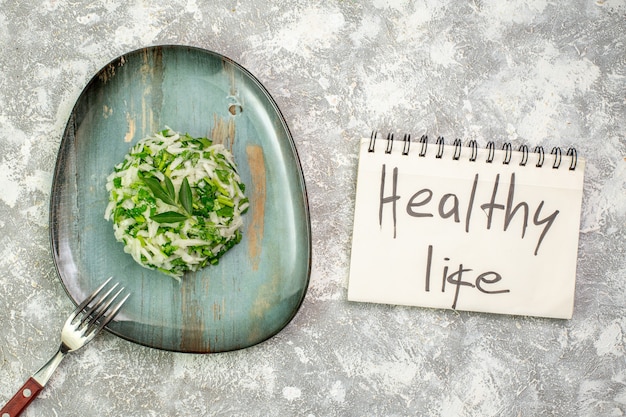
Did you join Veganuary this year, or are you thinking about embracing a vegan lifestyle more long-term? Dr. Gemma Newman has some great advice to share. With so many diets out there like low fat, high fat, low carb, and high carb, it can be tough to figure out which one is best for you. However, opting for plant-based eating is increasingly popular.
Veganuary is gaining traction; in 2018, 170,000 people participated, which was a massive increase from 2017. The following year saw over 250,000 participants, and it’s expected that even more joined this year. But what about health? Is a vegan diet truly beneficial compared to other eating styles?
There’s a lot of mixed information about nutrition due to the influence of media, food companies, and even some health experts. However, most agree on the benefits of consuming lots of fruits and vegetables and choosing whole, unprocessed foods while avoiding processed meats, sugary snacks, and white flour products.
When people feel unsure about diet, they often stick to what they know, thinking moderation is key. Yet, much like smoking, there’s no “moderation” for unhealthy foods like sugary drinks and processed meats. The World Health Organization classifies processed meats as a class 1 carcinogen, meaning they can cause cancer.
Fortunately, Dr. David Katz from the American College of Lifestyle Medicine gathered top nutrition scientists to reach a consensus on a healthy diet. They found that a diet rich in vegetables, fruits, beans, nuts, seeds, whole grains, and water is foundational to good health. Both paleo and whole food plant-based diets share similarities that distinguish them from the typical Western diet.
For heart health, the whole food plant-based diet stands out. Research, like the Lifestyle Heart Trial published in The Lancet and the Mount Abu Heart Trial, shows this diet can reverse coronary artery blockages within weeks.
Trying a plant-based diet might seem daunting if you’re used to a Western diet. However, there are resources to ease the transition. Cookbooks like “So Vegan in 5” by Roxy Pope and Ben Pook and “BOSH!” by Henry Firth & Ian Theasby offer simple and delicious vegan recipes.
Switching your diet gradually can make the change smoother. Start by replacing meals like a chicken curry with a chickpea curry or beef Bolognese with lentil Bolognese. Incorporate more plant-based breakfasts and lunches during the week, and you’ll soon develop new meal ideas.
You might see quick health benefits within two to three weeks of going plant-based. According to American and British dietetic associations, well-planned plant-based diets are nutritious for all ages and can help prevent diseases like heart disease and cancer while reducing allergic and respiratory issues in children.
Our world faces nutrient depletion due to soil degradation and other factors, making a Western diet low in crucial nutrients like magnesium, folate, and fiber. A whole food plant-based approach offers a nutrient-rich alternative. However, if you’re completely plant-based, certain supplements are necessary.
Vitamin B12 is crucial. As a plant-based eater, aim for at least 10mcg daily or 2000mcg weekly through supplements or B12-enriched foods. Even non-vegans might need this supplement, especially those over 50 or those with absorption issues.
Vitamin D deficiency is common, so consider taking a supplement, especially if you live in a place with limited sunlight. Additionally, omega-3 fatty acids from algae offer heart health benefits.
Incorporating milled flax seeds into your diet can also improve heart health. Add a couple of tablespoons to your meals for a nutritious boost.
Dr. Gemma Newman, with 15 years of medical experience, works as the Senior Partner at a family medical practice. Her background spans various medical fields, providing a broad perspective on health and diet.
If you’re curious about the best diet for diabetes or want to explore vegan dining options in London, there are resources and articles to support your plant-based journey. Also, you can find tips for boosting energy, healthy eating, and even hair growth advice. For more insights like these, signing up for a relevant newsletter will keep you informed.

